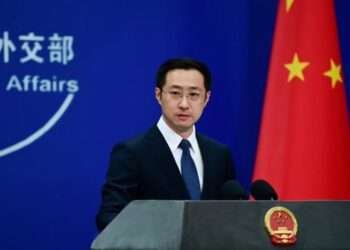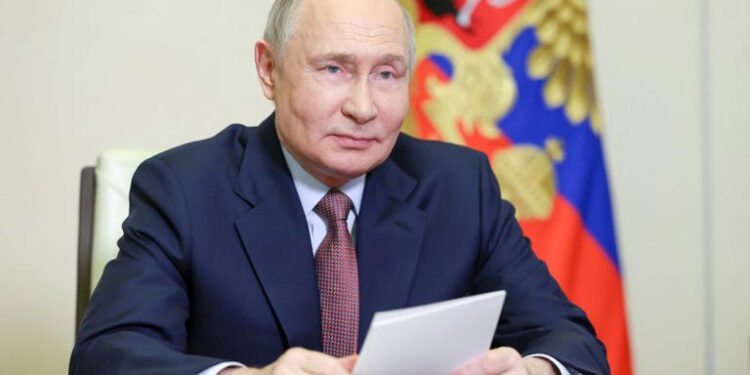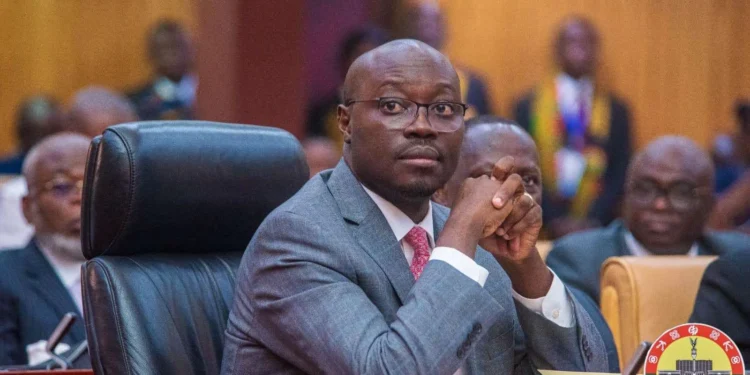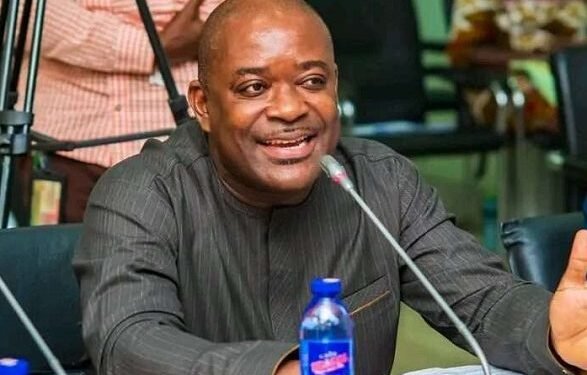A deep divide has emerged among European nations over Prime Minister Keir Starmer’s troop deployment plan to send British troops to Ukraine. This rift comes as Western allies scramble to respond to U.S. President Donald Trump’s push for direct negotiations with Russian leader Vladimir Putin.
The fracture became apparent at an emergency summit in Paris, where European leaders gathered to assess the growing uncertainty over Washington’s transatlantic defense commitments. The meeting was urgently convened following Mr. Trump’s controversial decision to bypass Europe and pursue independent peace talks with Moscow.
Sir Keir emphasized that Britain remains committed to Ukraine’s security and expressed his readiness to contribute forces if necessary. “Europe must play its role, and I’m prepared to consider committing British forces on the ground alongside others if there is a lasting peace agreement,” he stated.
However, he made it clear that any such move would require firm backing from the U.S. “But there must be a U.S. backstop because a U.S. security guarantee is the only way to effectively deter Russia from attacking Ukraine again,” he added after the Paris meeting.
Despite Britain’s stance, several European nations remain reluctant. Poland firmly ruled out sending troops to Ukraine. Prime Minister Donald Tusk reiterated his country’s position, saying, “Poland will support Ukraine as it has done so far: organizationally, in accordance with our financial capabilities, in terms of humanitarian and military aid.”
“We do not plan to send Polish soldiers to the territory of Ukraine. We will … give logistical and political support to the countries that will possibly want to provide such guarantees in the future, such physical guarantees.”
Prime Minister Donald Tusk

Meanwhile, Germany, Sweden, Spain, and the Netherlands signaled indecision, with German Chancellor Olaf Scholz stating that his government would only consider the deployment of troops under a clearly defined security framework. “If a clear framework for putting boots on the ground is laid out, Germany will not shy away,” he said.
The disagreement comes ahead of a crucial diplomatic meeting in Riyadh, where Russian and American officials are set to discuss a potential end to the conflict. U.S. Secretary of State Marco Rubio is leading the American delegation, though Washington has not disclosed details of the officials they will meet. Russian Foreign Minister Sergey Lavrov has already arrived in Saudi Arabia on behalf of the Kremlin.
Ukraine Left Out of Peace Talks
Ukrainian President Volodymyr Zelensky has made it clear that Kyiv will not accept any settlement negotiated without its involvement. “There can be no talks about Ukraine without Ukraine,” he declared, criticizing his country’s exclusion from the upcoming discussions.
Sir Keir, who is scheduled to visit the U.S. later this month, echoed this sentiment. He insisted that any agreement must lead to a “lasting peace” rather than serve as a temporary ceasefire allowing Russia to regroup.
“If there is a peace deal, and everybody wants a peace deal, then it’s got to be a lasting peace deal, not just a pause for Putin to come again,” he emphasized in a social media post following the Paris summit.
Sir Keir also stressed that Western nations face a “generational challenge” in strengthening Europe’s collective security and defense capabilities. His statement aligns with President Trump’s long-standing demand that European allies significantly boost their military spending.
While Sir Keir’s commitment to a possible troop deployment has drawn both support and skepticism, concerns remain over Britain’s military preparedness. Former army chief Lord Richard Dannatt backed the idea of a peacekeeping force but cautioned that such an undertaking would come at a “considerable cost.”
The debate over military contributions coincides with growing pressure from the U.S. for Europe to increase defense spending. U.S. Defense Secretary Pete Hegseth recently called for NATO members to allocate at least 5% of their GDP to defense. Currently, the UK spends 2.3%, with Labour pledging to raise this to 2.5% — though it remains unclear when or how this target will be met.
As speculation grows over Britain’s potential role in a Ukraine peacekeeping force, Downing Street has not ruled out a parliamentary vote on the issue.
The Prime Minister’s official spokesman acknowledged the cross-party consensus in supporting Ukraine but indicated that future security commitments would be carefully deliberated. “We’ve always been very clear that we are going to play our role in future security guarantees,” the spokesman said.
With European allies divided, Ukraine sidelined from critical peace talks, and pressure mounting for increased defense spending, the question remains whether Britain’s pledge to deploy troops would lead to action, or is a strategic move in ongoing diplomatic negotiations.
READ ALSO: Kwasi Kwarteng Urges Audit of Public School Infrastructure























